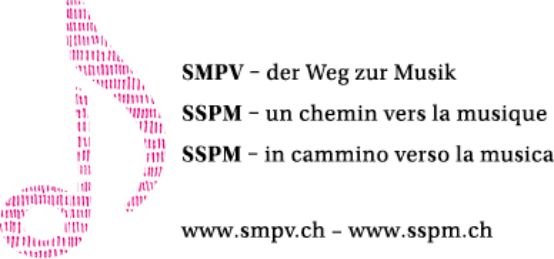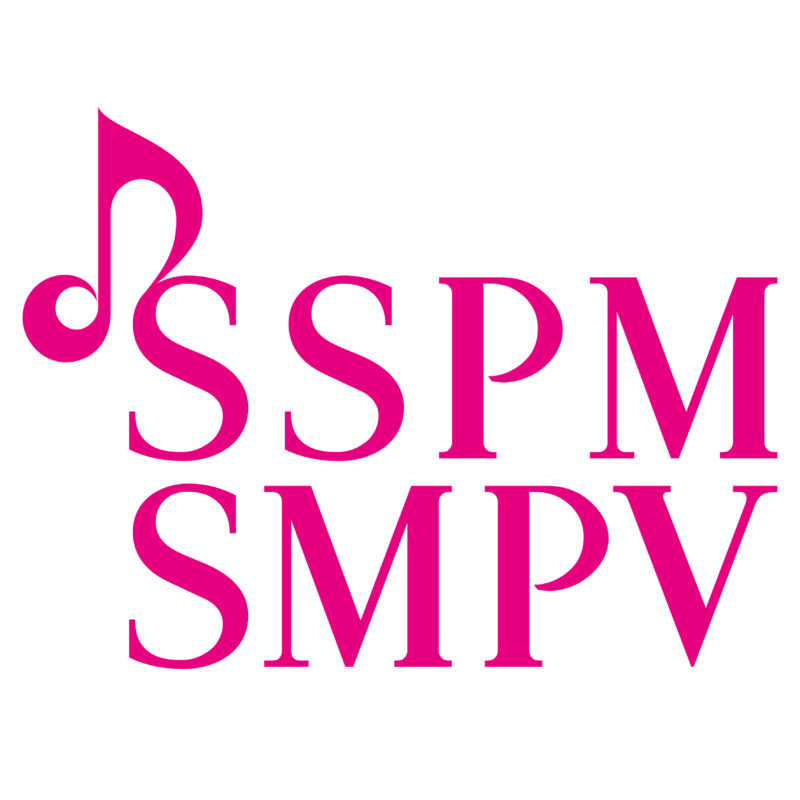Help and information in the event of mobbing
Mobbing in the workplace is an extremely serious affront to those who suffer it. Often, they are unable to break the dynamics of mobbing on their own, making it impossible to continue working as part of a team. That's why professional advice and support is so important. The Swiss Anti-Mobbing Center offers professional help and advice.

What is mobbing?
Mobbing can affect anyone, as it most often occurs in a given situation, regardless of the characteristics of the person affected. Unfortunately, there is still no uniform, internationally recognized definition of mobbing. Specialists often define it by the following criteria:
- Treacherous behaviour, hostile communication or refusal to communicate constitute direct or indirect attacks on one or more persons.
- Hostile actions are repeated, systematic and spread over a long period of time. The form of the attacks may change from day to day.
- These acts are perpetrated by colleagues or superiors.
- The actions are perceived as hostile by the target. The victim may not see any negative intent at the outset, but may become aware of it after the fact.
- These actions are intended to damage the reputation of the person attacked, or to exclude or isolate that person.
- The person being attacked finds himself in a position of inferiority as a result of these acts of mobbing.
The term "mobbing" was first used in the scientific work of Heinz Leymann, a German-Swedish doctor of occupational psychology. He identified 45 behaviors that constitute mobbing, which can be classified into five areas:
- interference with the ability to communicate (e.g. preventing the person from expressing themselves, constantly interrupting them, shouting at them, withholding information) ;
- damage to social relationships (e.g. refusing contact with the person, not greeting them, ignoring them, excluding them, isolating them);
- damage to reputation (e.g. ridiculing the person, spreading rumours about them, mocking them, humiliating them, making insulting remarks);
- harm to quality of life and professional situation (e.g., the person is assigned absurd, inappropriate or insulting tasks, suffers gratuitous criticism, is deprived of important tasks);
- damage to health (e.g. threats or physical violence).
In a difficult situation, it's not always clear whether mobbing is involved or not. Not all incorrect behavior is a conscious act of mobbing. To be able to recognize mobbing, it's important to consider the overall situation and the origin of the problem. Everyday disputes can cause problems which, if there are shortcomings in work organization or management, will take on even greater proportions. At the outset, the "perpetrator" may consider that the "victim" could be detrimental to his or her interests. Mobbing often begins with small incidents, and it is difficult to establish whether these are clumsiness or targeted attacks. What's more, it can take different forms from one day to the next. Individual acts of mobbing may not seem very serious, and can be interpreted in many different ways. Over time, however, the incidents and harassments become more serious, and the nature of the attacks can vary from time to time. For this reason, mobbing is not judged individually, but as a whole. The victim of repeated attacks gradually loses self-confidence. Sometimes, they only realize the intention behind their actions belatedly. This is why victims of mobbing often find themselves in a situation of despair. Not only do they suffer the attacks, but they also run the risk of being branded as a "problem person". Other people often don't notice the attacks, are unsympathetic towards the mobbing victim, and become annoyed when the latter regularly returns to the incidents he or she has experienced. They may even see the mobbing as justified.
(Source: State Secretariat for Economic Affairs (SECO), Mobbing and other forms of harassment - Protecting personal integrity at work (2016)).
To find help
Unfortunately, it's very rare for a person to be able to get out of a real mobbing situation on their own, while remaining part of the team where they work.
The chances that the mobbing dynamic will disappear, and that the person affected will be able to remain in the team, are all the greater if the victim quickly becomes active and asks for help. That's why the SSPM works with the Swiss Anti-Mobbing Centre.
This organization offers initial help to people facing mobbing. During an initial telephone consultation, they can obtain legal information and addresses of specialists such as doctors, lawyers and theologians. This initial telephone consultation is generally free of charge.
In addition, the Swiss Anti-Mobbing Center has set itself the goal of defending the interests of victims in dealings with employers, unemployment insurance, health insurance, disability insurance and, where necessary, the courts. It also conducts public relations activities in favor of more effective legal protection and improved legislation in the field of employee protection.
You can find further information under :
www.mobbing-zentrale.ch
-Brochure from the Swiss Teachers' Association (LCH) with additional information on the detection, treatment and prevention of mobbing.
www.lch.ch/fileadmin/files/documents/Verlag_LCH/Merkblatt_Mobbing.pdf (in German)
SECO, Mobbing and other forms of harassment - Protecting personal integrity at work http://seco.admin.ch -> Publications
Mobbing in the workplace is an extremely serious affront to those who suffer it. Often, they are unable to break the dynamics of mobbing on their own, making it impossible to continue working as part of a team. That's why professional advice and support is so important. The Swiss Anti-Mobbing Center offers professional help and advice.

What is mobbing?
Mobbing can affect anyone, as it most often occurs in a given situation, regardless of the characteristics of the person affected. Unfortunately, there is still no uniform, internationally recognized definition of mobbing. Specialists often define it by the following criteria:
- Treacherous behaviour, hostile communication or refusal to communicate constitute direct or indirect attacks on one or more persons.
- Hostile actions are repeated, systematic and spread over a long period of time. The form of the attacks may change from day to day.
- These acts are perpetrated by colleagues or superiors.
- The actions are perceived as hostile by the target. The victim may not see any negative intent at the outset, but may become aware of it after the fact.
- These actions are intended to damage the reputation of the person attacked, or to exclude or isolate that person.
- The person being attacked finds himself in a position of inferiority as a result of these acts of mobbing.
The term "mobbing" was first used in the scientific work of Heinz Leymann, a German-Swedish doctor of occupational psychology. He identified 45 behaviors that constitute mobbing, which can be classified into five areas:
- interference with the ability to communicate (e.g. preventing the person from expressing themselves, constantly interrupting them, shouting at them, withholding information) ;
- damage to social relationships (e.g. refusing contact with the person, not greeting them, ignoring them, excluding them, isolating them);
- damage to reputation (e.g. ridiculing the person, spreading rumours about them, mocking them, humiliating them, making insulting remarks);
- harm to quality of life and professional situation (e.g., the person is assigned absurd, inappropriate or insulting tasks, suffers gratuitous criticism, is deprived of important tasks);
- damage to health (e.g. threats or physical violence).
In a difficult situation, it's not always clear whether mobbing is involved or not. Not all incorrect behavior is a conscious act of mobbing. To be able to recognize mobbing, it's important to consider the overall situation and the origin of the problem. Everyday disputes can cause problems which, if there are shortcomings in work organization or management, will take on even greater proportions. At the outset, the "perpetrator" may consider that the "victim" could be detrimental to his or her interests. Mobbing often begins with small incidents, and it is difficult to establish whether these are clumsiness or targeted attacks. What's more, it can take different forms from one day to the next. Individual acts of mobbing may not seem very serious, and can be interpreted in many different ways. Over time, however, the incidents and harassments become more serious, and the nature of the attacks can vary from time to time. For this reason, mobbing is not judged individually, but as a whole. The victim of repeated attacks gradually loses self-confidence. Sometimes, they only realize the intention behind their actions belatedly. This is why victims of mobbing often find themselves in a situation of despair. Not only do they suffer the attacks, but they also run the risk of being branded as a "problem person". Other people often don't notice the attacks, are unsympathetic towards the mobbing victim, and become annoyed when the latter regularly returns to the incidents he or she has experienced. They may even see the mobbing as justified.
(Source: State Secretariat for Economic Affairs (SECO), Mobbing and other forms of harassment - Protecting personal integrity at work (2016)).
To find help
Unfortunately, it's very rare for a person to be able to get out of a real mobbing situation on their own, while remaining part of the team where they work.
The chances that the mobbing dynamic will disappear, and that the person affected will be able to remain in the team, are all the greater if the victim quickly becomes active and asks for help. That's why the SSPM works with the Swiss Anti-Mobbing Centre.
This organization offers initial help to people facing mobbing. During an initial telephone consultation, they can obtain legal information and addresses of specialists such as doctors, lawyers and theologians. This initial telephone consultation is generally free of charge.
In addition, the Swiss Anti-Mobbing Center has set itself the goal of defending the interests of victims in dealings with employers, unemployment insurance, health insurance, disability insurance and, where necessary, the courts. It also conducts public relations activities in favor of more effective legal protection and improved legislation in the field of employee protection.
You can find further information under :
www.mobbing-zentrale.ch
-Brochure from the Swiss Teachers' Association (LCH) with additional information on the detection, treatment and prevention of mobbing.
www.lch.ch/fileadmin/files/documents/Verlag_LCH/Merkblatt_Mobbing.pdf (in German)
SECO, Mobbing and other forms of harassment - Protecting personal integrity at work http://seco.admin.ch -> Publications








